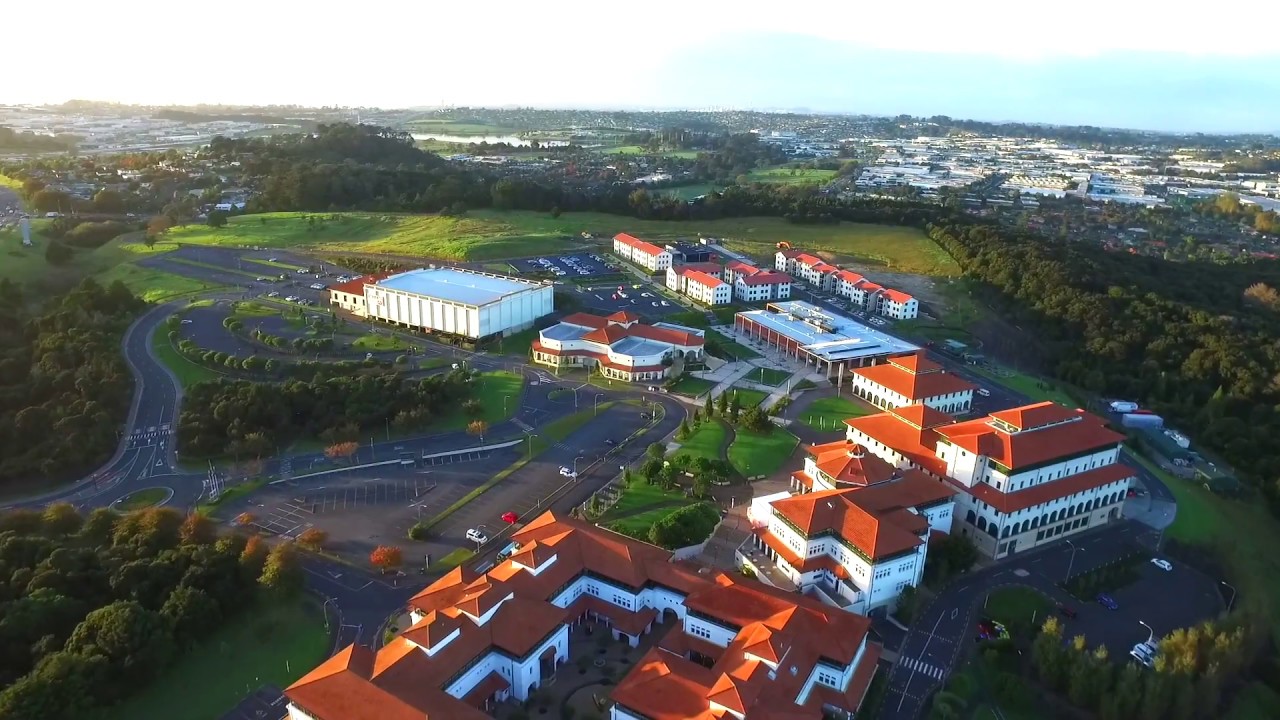Bachelor of Animal Science in Animal Welfare
The Bachelor of Animal Science (Animal Welfare) will help you understand the science behind how animals experience their environment. You’ll also examine what influences that and how that affects their behaviour and performance.
You’ll gain a relevant, up-to-date, scientifically-based knowledge of animal welfare. So you’ll be well-placed to make a difference in the lives of animals.
A new, unique degree
Massey University’s Bachelor of Animal Science (BAnSci) is the only degree in New Zealand that focuses entirely on animal science. It is ideal if you are interested in a career that combines your love of science and animals.
Learn from the best
Massey University’s animal, agricultural and veterinary science professionals are among the best in the world. They will teach you about the latest developments in animal science. You will obtain a solid base of knowledge in animal welfare. You’ll also learn about nutrition and growth as well as animal genetics and breeding.
Internationally relevant
Massey has a number of internationally recognised animal-based research centres. These include the world-leading Animal Welfare Science and Bioethics Centre (AWSBC).
The Centre's research focuses on areas including developing fresh frameworks for understanding animal welfare. It evaluates husbandry practices and systems. It also covers pest control and analysing ethical dimensions of welfare problems.
The AWSBC was the first animal welfare focused research centre in the world to become an OIE Collaborating Centre (with the World Organisation for Animal Health). This recognises the AWSBC as being a group with internationally relevant expertise.
Campus Information
Manawatu campus
The Manawatu campus is Massey's original campus. With lovely heritage buildings and park-like grounds located near Palmerston North city, it is one of the best places in the country to experience the real student lifestyle. With a huge portion of the population under 25 it is the perfect place for learning and living. The large campus is beautiful year-round with 11,500 different varieties of plants and trees in the form of manicured gardens, green fields, woodlands and bush.
Intakes
- Feb
- July
Application Processing Time in Days: 30
Application Process
Minimum English Language Requirements
| English Level Description | IELTS (1.0 -9.0) | TOEFL IBT (0-120) | TOEFL CBT (0-300) | PTE (10-90) | |
|---|---|---|---|---|---|
| Expert | 9 | 120 | 297-300 | 86-90 | |
| Very Good | 8.5 | 115-119 | 280-293 | 83-86 | |
| Very Good | 8 | 110-114 | 270-280 | 79-83 | |
| Good | 7.5 | 102-109 | 253-267 | 73-79 | |
| Good | 7 | 94-101 | 240-253 | 65-73 | |
| Competent | 6.5 | 79-93 | 213-233 | 58-65 | |
| Competent | 6 | 60-78 | 170-210 | 50-58 | |
| Modest | 5.5 | 46-59 | 133-210 | 43-50 | |
| Modest | 5 | 35-45 | 107-133 | 36-43 | |
| Limited | 4 | 32-34 | 97-103 | 30-36 | |
| Extremely Limited | < 4 | < 31 | < 93 | < 30 |
Job Opportunity Potential
The Bachelor of Animal Science with a major in animal welfare will provide you the knowledge, attributes and expertise you require for the careers of the future. You will be qualified for technical, advocacy and management roles across different types of industries and animals. These include:
- government animal welfare officers
- animal welfare investigators
- local government animal control officers
- biosecurity
- customs
- SPCA animal welfare officers
- policy and regulation.
PSW Opportunity
- During study, all students on a student visa can work up to 20 hours per week during semester and full time during vacations.
- After completing Level 7 Bachelor’s Degree or Higher Qualification, a student will get a three years open post-study work visa.
- After completing Level 8 Post Graduate courses of 1 year, students get 1 year PSW.
Admission Requirement / Eligibility Criteria
- All India Senior School Certificate (AISSC) or Indian School Certificate (ISC) Year 12 with an overall average of 75% and a minimum of 60% in English
- For most undergraduate level programmes, the minimum academic entry requirement is successful completion of a qualification equivalent to the New Zealand Year 13 - NCEA Level 3 University Entrance. International students need to check the equivalency of their secondary school qualification by reviewing the list of Academic Admission Requirements by Country/Region.
- International students who have previously studied at a New Zealand secondary school should refer to the secondary school requirements section.
- International students who have completed 3 x B at level 5 or 6 passes in the New Zealand Diploma of Business may apply for entry into a Bachelor's programme.
- An NZQA transcript as formal evidence of the NZDipBus results is required before credit will be assessed and only papers with a minimum grade of B will be assessed for credit.
- The English language requirements can be met by:
- A minimum IELTS 5.5 (or equivalent) used to gain entry to the NZDipBus or,
- A recent IELTS 6.0 with no band score less than 5.5
- Course Type: Full Time
- Course Level: Bachelors/UG Degree
- Duration: 03 Year
-
Total Tuition Fee:
101310 NZD
Annual Cost of Living: 20000 NZD
Application Fee: N/A
Similar Programs
- Bachelor of Science (Statistics) at Massey University
- Bachelor of Science (Psychology) at Massey University
- Bachelor of Science (Mathematics) at Massey University
- Bachelor of Science (Computer Science) at Massey University
- Bachelor of Information Sciences (Computer Science) at Massey University
- Bachelor of Arts (Statistics) at Massey University

